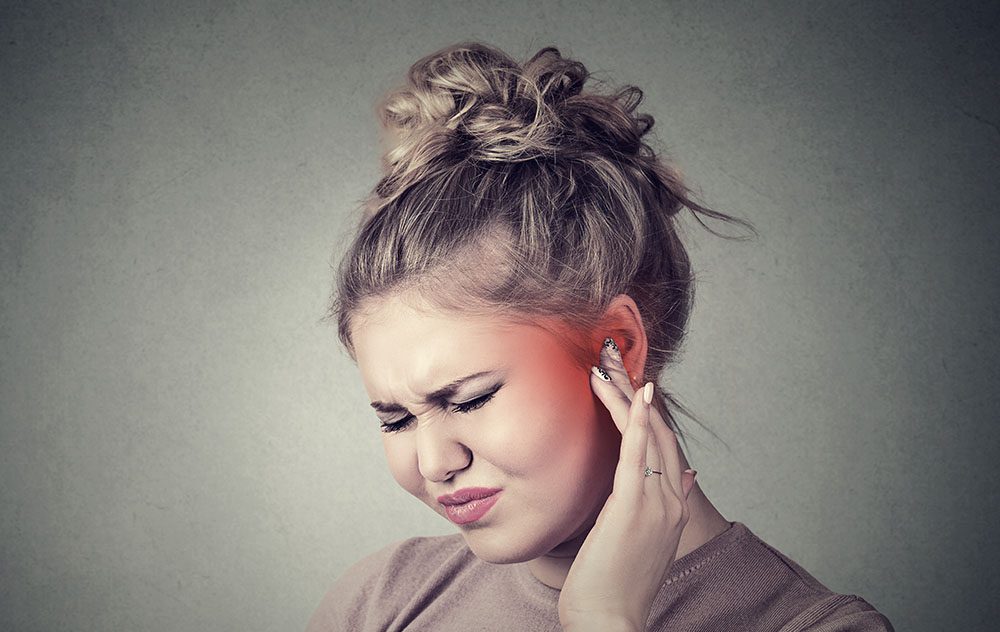Why Both Ears Need Hearing Aids Even If One Seems Fine
Noticing hearing loss in one ear can raise questions about whether you


Noticing hearing loss in one ear can raise questions about whether you

As children grow, clear hearing is essential for developing language,

Hearing loss affects people of all ages and backgrounds, and while aging